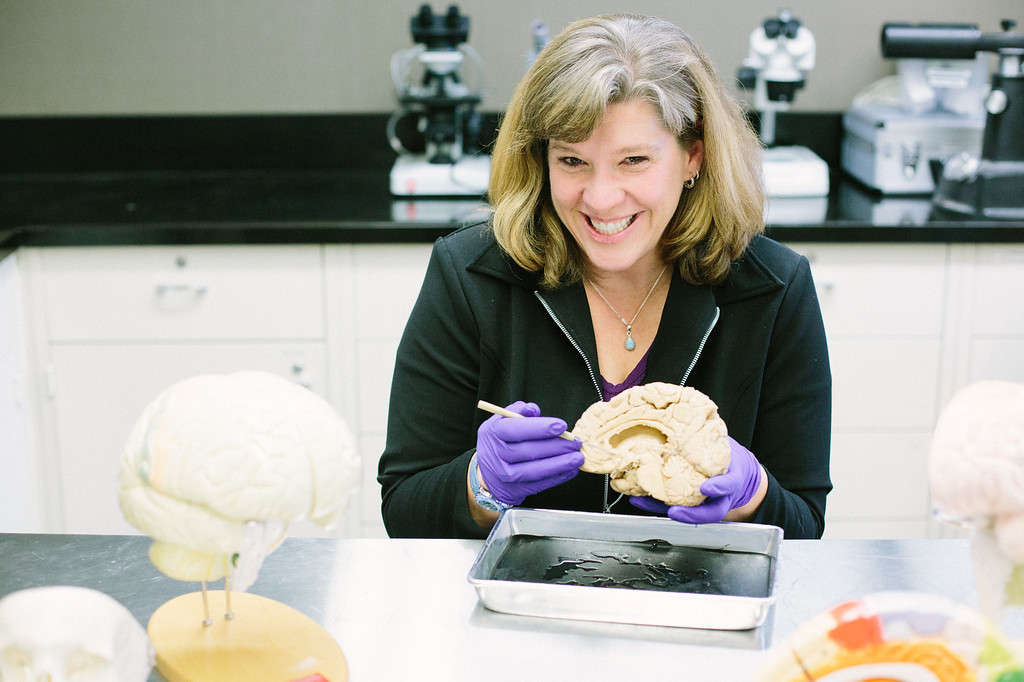About
Lauren Fowler is an associate professor of neuroscience at USCSOMG. She received my BA in Psychology, Pre-Med and Education from Agnes Scott College and her MA and Ph.D. from Georgia State University in Neuropsychology and Behavioral Neuroscience. She has taught at the undergraduate, graduate, and medical school levels for 23 years, with an emphasis on teaching about the biological basis of behavior and cognition. Her research focuses on how we change in relation to our biological rhythms. As PI or Co-Investigator on several university, NSF, and NIH grants, and as a consultant for the Air Force Research Laboratories Human Effectiveness Directorate, she has established myself as a leader in the field of circadian desynchronization and fatigue, assessing how it affects our thoughts, emotions, perceptions, and behavior. Her research for the past 10 years has expanded to include how fatigue affects healthcare workers. Some of this research includes studies conducted in conjunction with Clemson University (Dr. Tom Britt, and expanding to include Dr. Marissa Shuffler) and Prisma Health Department of Emergency Medicine (Dr. Emily Hirsh and Dr. Ron Pirrallo) to assess the effects of extended shifts, shift work, and fatigue on physiological, cognitive, and perceptual changes in emergency medical workers (ED physicians and EMS personnel). In addition to this research, she has been working with members of the cancer care and palliative care communities at Prisma Health to explore how fatigue influences perceptions, burnout, empathy, hope and communication in palliative care and oncology healthcare providers.
How their research is transforming health care
Fatigue, poor sleep, and circadian desynchronization have been shown to influence physiological, behavioral, cognitive, perceptual, and emotional variables. It can potentially influence patient care, from a physician standpoint and from the patient standpoint. Fowler’s research focuses on how we can help create a work environment for physicians that helps support physician well-being, including decreasing physician fatigue. By addressing fatigue in physicians, it creates healthier physicians and decreases the likelihood of errors related to fatigue. Decreasing fatigue can also increase physician well-being, empathy and patient communication. Similarly, addressing poor sleep, circadian desynchronization and fatigue in patients can help improve patient reported outcomes, especially in cancer patients. By addressing the importance of sleep and circadian rhythms, and by minimizing fatigue, my research aims to increase the health and wellness of physicians and patients who are typically adversely affected by fatigue.
Health research keywords
Fatigue; shift work; circadian; sleep; cognition; burnout

